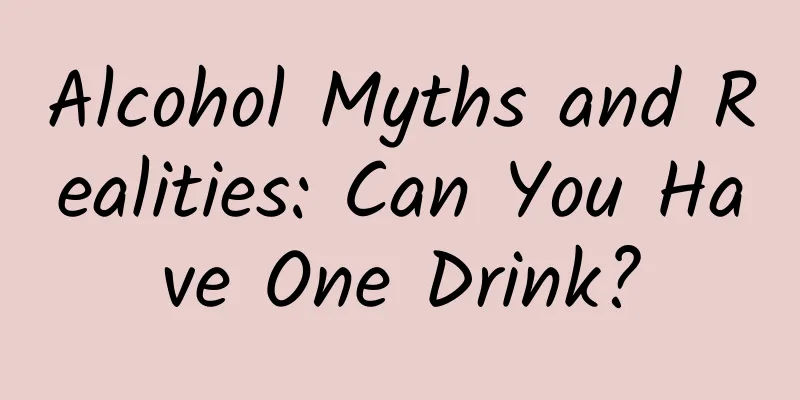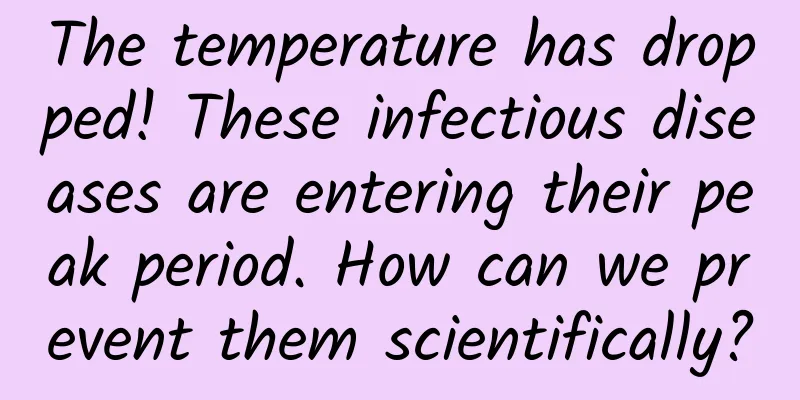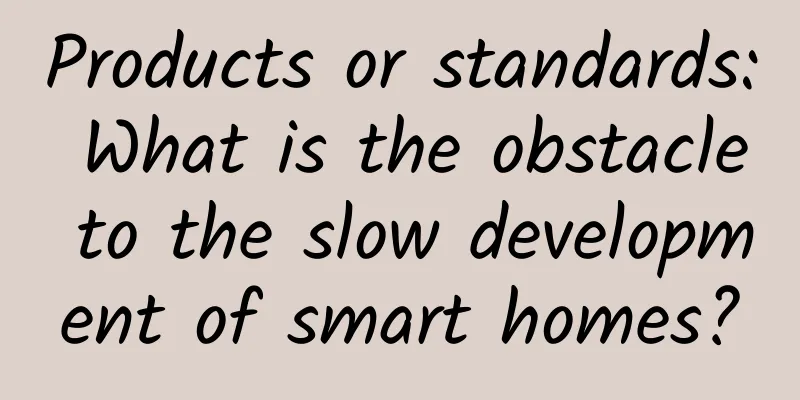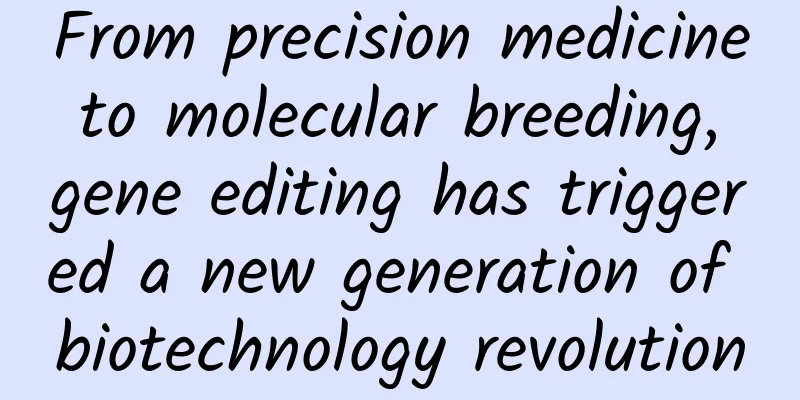Alcohol Myths and Realities: Can You Have One Drink?

|
© Imagno/Getty Leviathan Press: For those who are allergic to or hate alcohol, they may not really understand the joy of drinking - isn't it also fun to drink tea and chat with friends? There are many people who hold this view. However, if Li Bai and Hemingway were still alive, it would be difficult for them to agree with this statement. It is said that Hemingway started drinking at the age of 15, and his alcohol tolerance was amazing: "After a whole day of heavy mental work, when you think about racking your brains and thinking hard the next day, what else can help you get rid of such worries and relax for a while, except whiskey?" © Vinum Vine Of course, Hemingway's long-term excessive drinking also caused great harm to his body. His life was a constant cycle of alcoholism-quitting-alcoholism again. Alcohol was both the source of his happiness and inspiration, but also a demon that gnawed at his health and will. Excessive drinking is harmful to health and has no benefits. However, for wine lovers who like to have a few drinks, is there something missing in the current scientific research and recommendations on alcohol? Not so long ago, drinking alcohol was considered good for health. In a 1991 episode of 60 Minutes, a French researcher claimed that red wine consumption was the reason for the health of the French. This argument gained widespread support among the drinking public and led to some academic discussions proposing an inverse correlation between red wine consumption and cardiovascular disease.[1] Scientists have even proposed a mechanistic theory as to why red wine is good for health, involving a chemical called resveratrol.[2] Still from Sideways (2004). © Douban Movie Others quickly questioned the possible causal relationship between red wine and longevity. The argument that alcohol is good for health was gradually weakened, and in the past year it seemed to have completely collapsed. Many researchers now believe that drinking virtually any amount of alcohol is harmful to your health[3]; in January this year, the New York Times published an article titled “Even Small Drinks May Harm Your Health”[4]. Some, including the Canadian government, have suggested that the safest option is not to drink at all[5]. It is clear that excessive drinking can lead to serious physical and emotional problems, and this is beyond dispute. However, the recent shift in rhetoric toward total abstinence goes far beyond sensible advice to avoid excessive drinking and ignores the value of pleasure. Even outside the realm of alcohol, an approach to health advice that has nothing to do with happiness is now fashionable and is seeping into public perception, sometimes with absurd consequences. Public health advice is sometimes based on “lexicographic” criteria that prioritize health effects over other factors, including pleasure. For example, in the case of meat consumption, a lexicographic criterion would dictate that we must always eat a well-done beef burger because it is the best way to avoid E. coli infection, even though well-done beef burgers taste bland. More generally, some in the public health field shy away from discussing the unintended negative consequences of absolutism. During the COVID-19 pandemic, some officials strongly advocated for long-term school closures, arguing that keeping children at home was the only way to prevent students and teachers from spreading the virus within schools. While this is technically correct, the advice fails to take into account the significant negative impacts that school closures have on children, which should be weighed against the possible benefits. Back to the issue of alcohol. If the best available evidence showed that even moderate drinking causes considerable harm, then ignoring pleasure might make sense. However, this is not the case. I would also like to emphasize that the existing data are fundamentally flawed because the largest and most frequently cited studies we have are observational studies rather than randomized experiments.[6] Moreover, the characteristics of moderate drinkers are different from those of non-moderate drinkers. © The Conversation In 2018, The Lancet published a comprehensive study on the association between alcohol consumption and cancer, heart disease, and other diseases.[7] This was an excellent piece of academic work that integrated hundreds of previous papers. The results showed that the incidence of cancer, in particular, increased with increasing alcohol consumption. However, the effects were very small at moderate drinking levels (for example, one to two drinks a day). For heart disease, we observed a reduced risk at moderate drinking levels, but the risk increased with increasing alcohol consumption. None of these results convincingly demonstrate a causal relationship. ** All of the correlations—both positive and negative—seem to be exaggerated compared to the truth. Generally speaking, when researchers are able to adjust for some demographic differences, the associations between drinking and health become weaker (demographic differences include factors such as age, gender, race, and socioeconomic status, which may be related to drinking habits and health status. By controlling for these factors, researchers can better judge the direct relationship between drinking and health without being confused by other factors. Editor's note). This also implies that if they can adjust for more differences, the association between the two may be further weakened [8]. Based on the data currently available, we cannot be sure whether these associations will become weaker but still positive, or whether they are actually zero. We can’t prove conclusively that moderate drinking is completely harmless, let alone beneficial. However, based on the data we have, it’s also very unlikely that moderate drinking is completely “bad” for health. © Drink When If you don’t enjoy or are averse to alcohol, then the abstinence standard may be appropriate for you. But many people enjoy a drink now and then: a beer with friends, a cold glass of rosé in the summer, a hot cocktail in front of the fire in the winter, or even a glass of white wine at the end of a long day. If we accept that happiness has value and that the data are uncertain, then the standard of moderate drinking makes more sense. When it comes to alcohol, public opinion has been overly polarized since the 1990s. Alcohol may not be the secret to longevity, but it's not poison, either. To paraphrase Cookie Monster, alcohol is "just a treat once in a while." References: [1]www.sciencedirect.com/science/article/abs/pii/014067369190542W [2]europepmc.org/article/med/7499059 [3]www.thelancet.com/journals/lancet/article/PIIS0140-6736(18)31310-2/fulltext [4]www.nytimes.com/2023/01/13/well/mind/alcohol-health-effects.html [5]ccsa.ca/canadas-guidance-alcohol-and-health [6]www.nature.com/articles/s41467-022-28735-5 [7]www.thelancet.com/article/S0140-6736(18)31310-2/fulltext [8]www.tandfonline.com/doi/abs/10.1080/07350015.2016.1227711 By Emily Oster Translated by tamiya2 Proofreading/Rabbit's Light Footsteps Original article/www.theatlantic.com/ideas/archive/2023/07/moderate-drinking-heart-disesase-cancer/674692/ This article is based on the Creative Commons License (BY-NC) and is published by tamiya2 on Leviathan The article only reflects the author's views and does not necessarily represent the position of Leviathan |
>>: I clearly want to study hard, but why do I always think about other things?
Recommend
How to operate and promote industrial Internet products?
The operation of industrial Internet products is ...
Apple's App Store search rules have become dramatically more equal
Last week, the news that Apple CEO Tim Cook came ...
When will the Mid-Autumn moon be the fullest this year?
Although there has been a saying since ancient ti...
Can the Star Era ET, which starts at 189,800 yuan, stand out from the shadow of the Star Era ES and become more independent?
Do you still remember the Zhijie S7 jointly devel...
These brand marketing efforts are useless | Share 4 negative cases
A few days ago, when I was writing advertising sl...
Android learns to visualize database operations in one minute (no ROOT required)
When I first started working with the Android dat...
NIO receives RMB 7 billion investment and moves its headquarters to Hefei
Affected by the epidemic, the new energy market i...
Humen is recruiting with high salary, SEM manager/supervisor, information flow optimizer, SEO manager, public account operation, copywriter...good opportunity for job hopping!
Recruitment position: 1 SEM bidding manager Salar...
The latest data rankings of 59 information flow platforms!
What I want to share with you today is the latest...
Electric Technology Car News: Can the Xuanlang, which is very good-looking but not comfortable, and beats the Baojun 730, open up a new pattern for MPVs?
At the Guangzhou Auto Show at the end of last yea...
Foreign media analyzed the prices of Apple mobile phones over the years: iPhone X is the starting point
After the September launch event, the topic of th...
Data Structure of Information Olympiad
Brief introduction to the data structure resource...
8 attempts to introduce you to iOS lean programming
[[153315]] Opening Today, we will start with a sm...
How to advertise in Kuaishou short videos and what is the promotion effect?
Opportunities are reserved for those who are prep...









